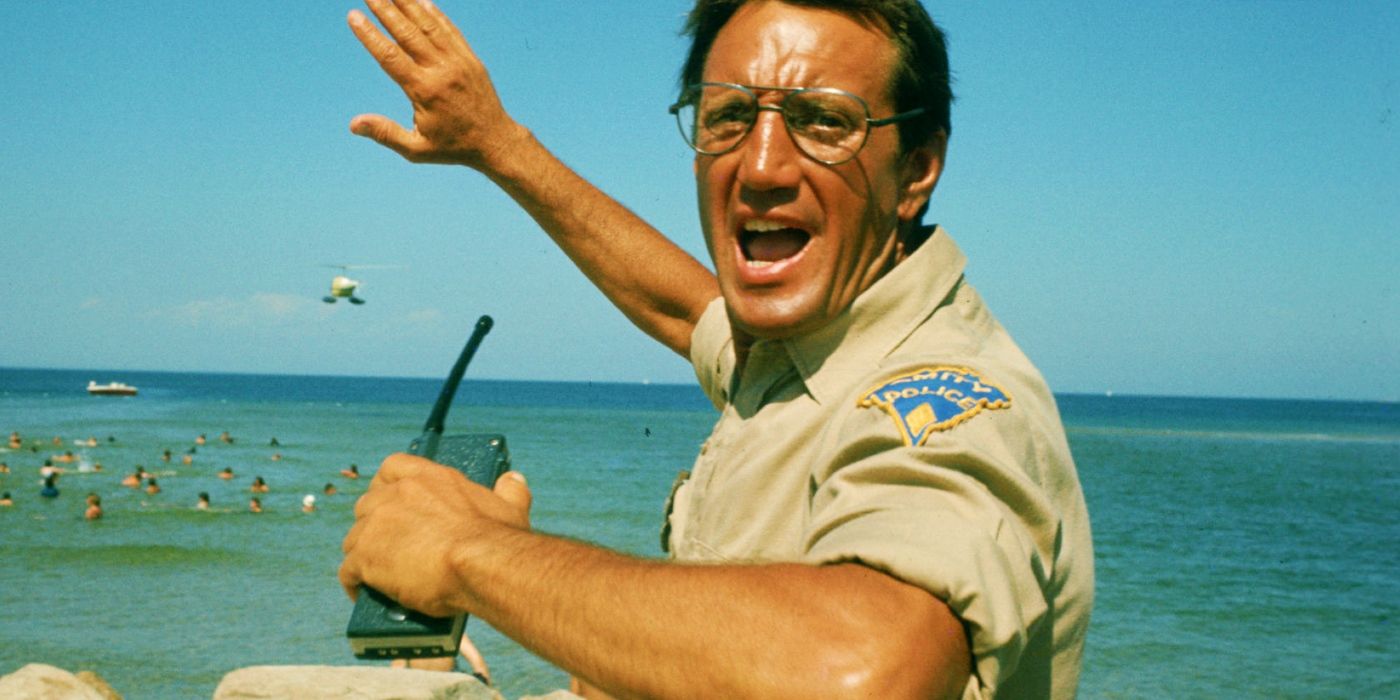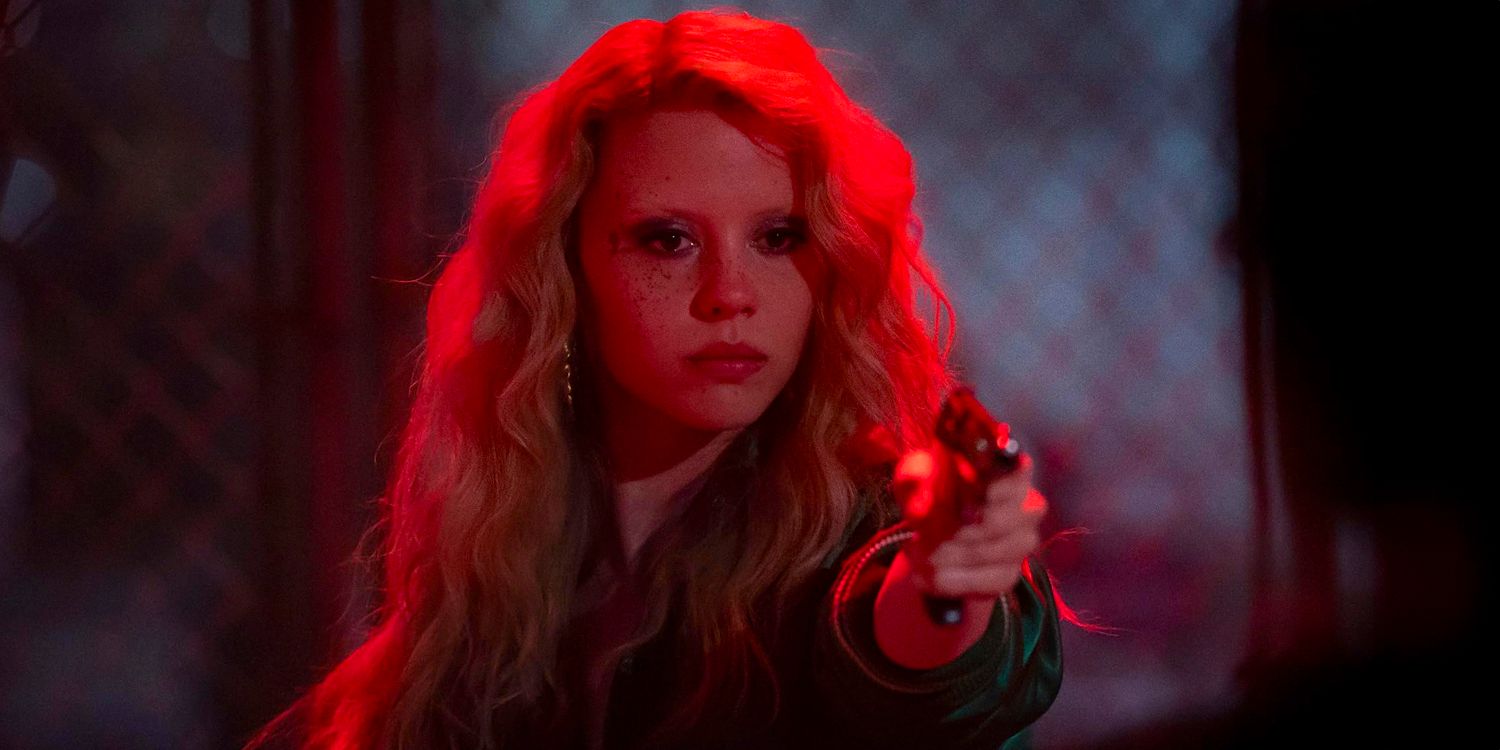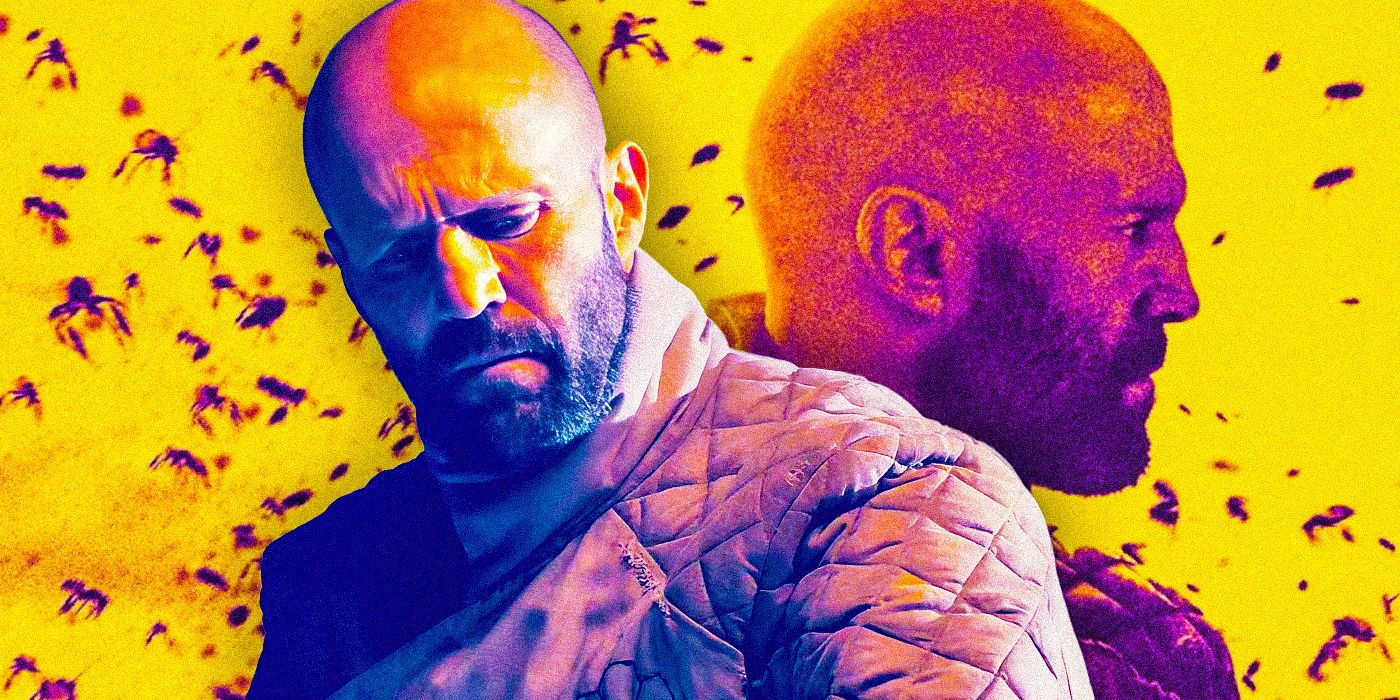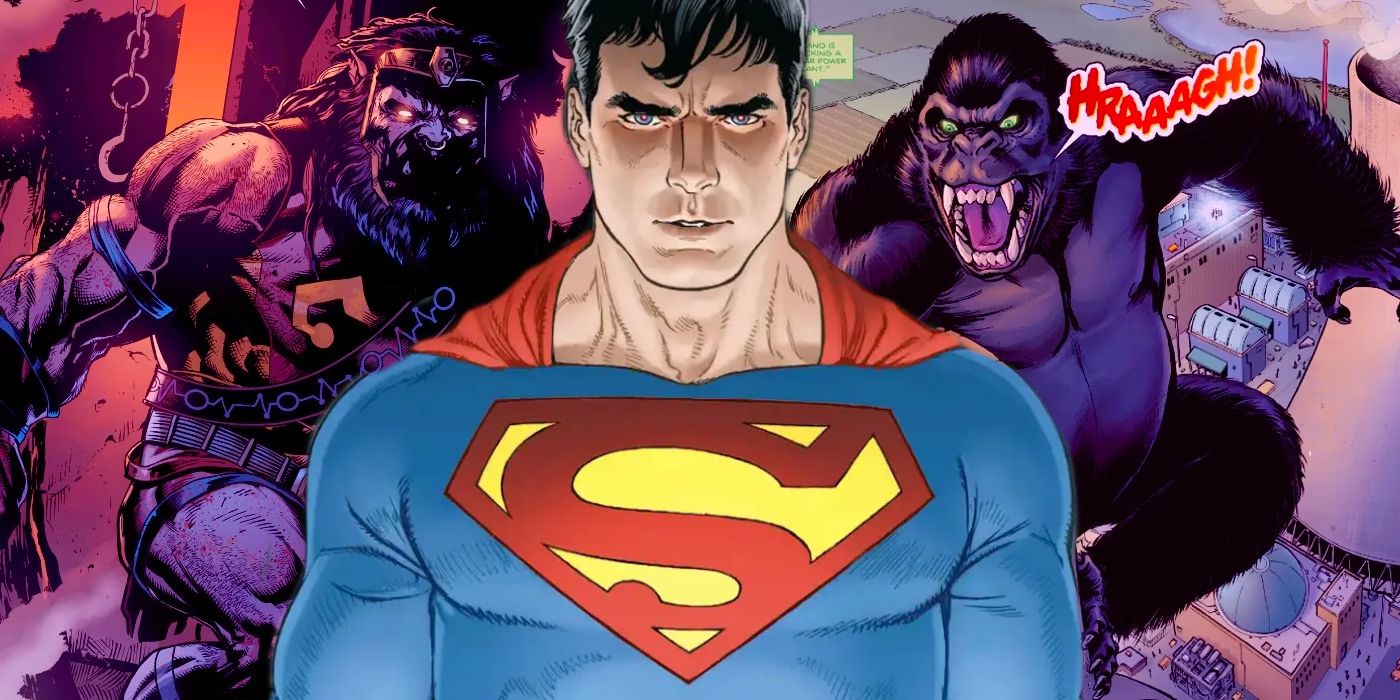Warning: spoilers for Moon Knight #5 are ahead.
As two street level heroes in New York City, Moon Knight and Daredevil have origin stories that reflect the often painful experience of being a vigilante in Marvel Comics. For Daredevil, his decision to dedicate his life towards fighting injustice came not when he lost his eyesight as a child, but after his boxer father, Jack Murdock, was murdered for refusing to throw a match. Taking matters into his own hands as Daredevil gave Matt Murdock an outlet for not only venting his frustrations with the justice system, but also indulging in his thirst for violence. Moon Knight’s raison d’etre as a vigilante stems from a similar violent drive, which had led him to become a mercenary. Killed while on a job in Sudan, Marc Spector was resurrected by the Egyptian god, Khonshu, who bestowed upon him the responsibility of protecting all travelers in the night. And while on the surface it would appear that Moon Knight’s origin is not nearly as sad as Daredevil’s, the events of Moon Knight #5 reveal a much darker look at Marc Spector’s life before he became the Fist of Khonshu (written by Jed MacKay, art by Alessandro Cappuccio, colors by Rachelle Rosenberg, letters by VC’s Cory Petit).
While at an appointment with his therapist, Moon Knight reluctantly tells the story of how he had always felt alienated from his father, a rabbi, because the latter had such a gentle and nonviolent disposition. And despite the fact that he had been raised in the Jewish faith, Marc didn’t think twice before pledging to serve Khonshu, stating, “I put aside a god who had let terrible things happen to his people, a god who I had never seen, never heard, in favor of a god who spoke right to me… ” Marc’s betrayal of his heritage is especially egregious, given that his Jewish ancestors had once been enslaved in Egypt. While being Moon Knight has afforded Marc the chance to protect innocent people, it comes at the cost of him severing himself from his culture.
Moon Knight and Daredevil’s superhero personas reflect their struggles with negotiating between the values they were raised in and the people they have become. A central tension for both characters stems from the fact that they crave violence, a trait that they know goes against their religious values, filling them with immense guilt. While Daredevil’s Catholicism has been represented in varying degrees of focus over the years, Moon Knight’s Jewish heritage has not been discussed at length in any of his recent stories. But as Moon Knight #5 demonstrates, his complex relationship with his faith provides a gut-wrenching window into his darkest truths as a character, easily giving him the title of Marvel’s saddest origin story.
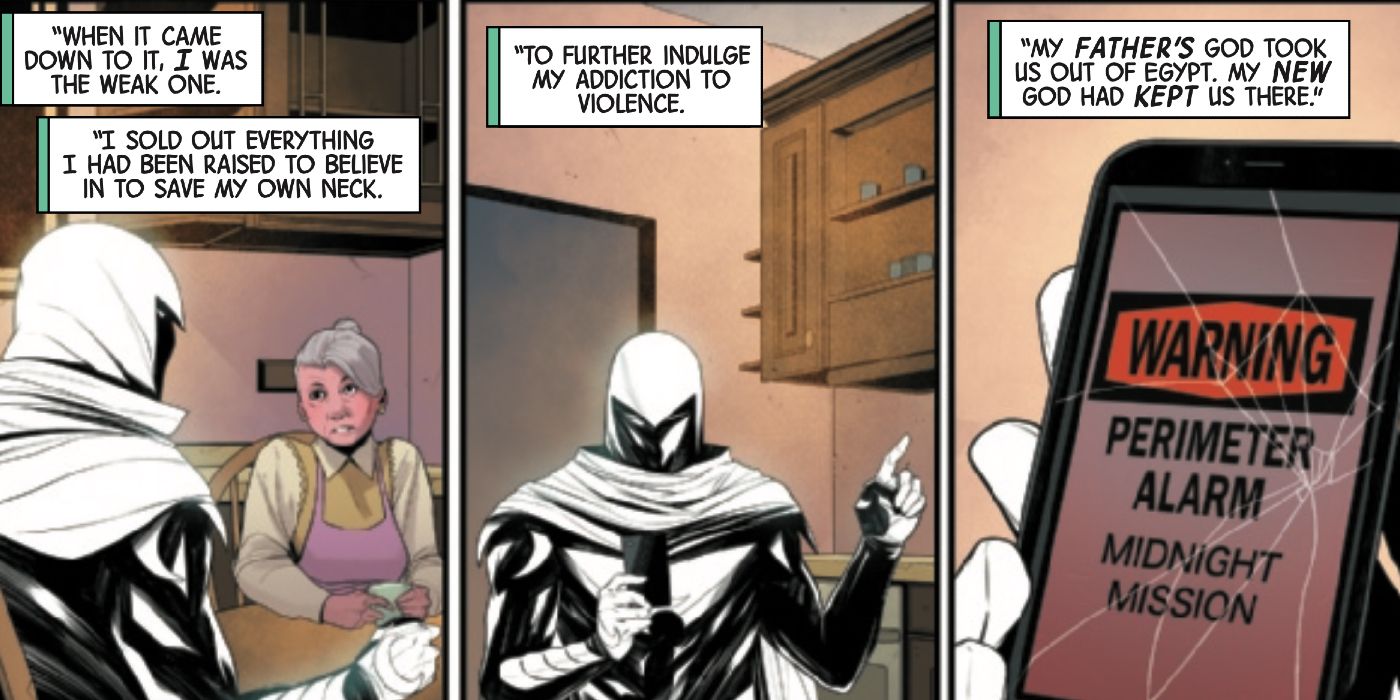
While there is no shortage of heartbreaking origins in Marvel Comics, Moon Knight’s is especially sad because he is unable to truly redeem himself as a vigilante, due to the nature of the persona he adopted. This is unusual among vigilante characters, because of Moon Knight’s cultural context. While Daredevil’s Catholic faith is often a moral stumbling block for him, Moon Knight’s Jewish identity makes his activities as the Fist of Khonshu all the more complicated. As opposed to being a vessel for his culture’s values, Moon Knight is an expression of everything that alienated Marc from the loving environment he was raised in. By becoming Moon Knight, Marc Spector turned his back on his heritage, thereby destroying his shot at redemption.
On a basic level, origin stories in Marvel Comics narrate the process by which a character’s best attributes win out over their worst impulses. In many stories, a superhero finally comes into their own when they incorporate some aspect of their heritage or personal identity into their persona, finally unafraid of celebrating what makes them unique. Seen most clearly with Kamala Khan’s Ms. Marvel, this turning point symbolizes how the hero has overcome a personal obstacle that prevented them from honestly expressing themselves. This even applies to Daredevil, as his decision to present himself as a devil is an acknowledgement of his own capacity for evil, alongside good.
For Moon Knight, it is the opposite. In the issue, he explains how becoming Moon Knight was not a triumphant moment for his character, but an expression of his weaknesses: “I sold out everything I had been raised to believe in to save my own neck. To further indulge my addiction to violence. My father’s god took us out of Egypt. My new god had kept us there.” This shows exactly what makes Moon Knight’s origin so gut-wrenching. For Marc, becoming Moon Knight isn’t just a personal shortcoming–it’s a betrayal of his own people. Rather than overcoming the darkest parts about himself, Marc Spector chose to honor them.
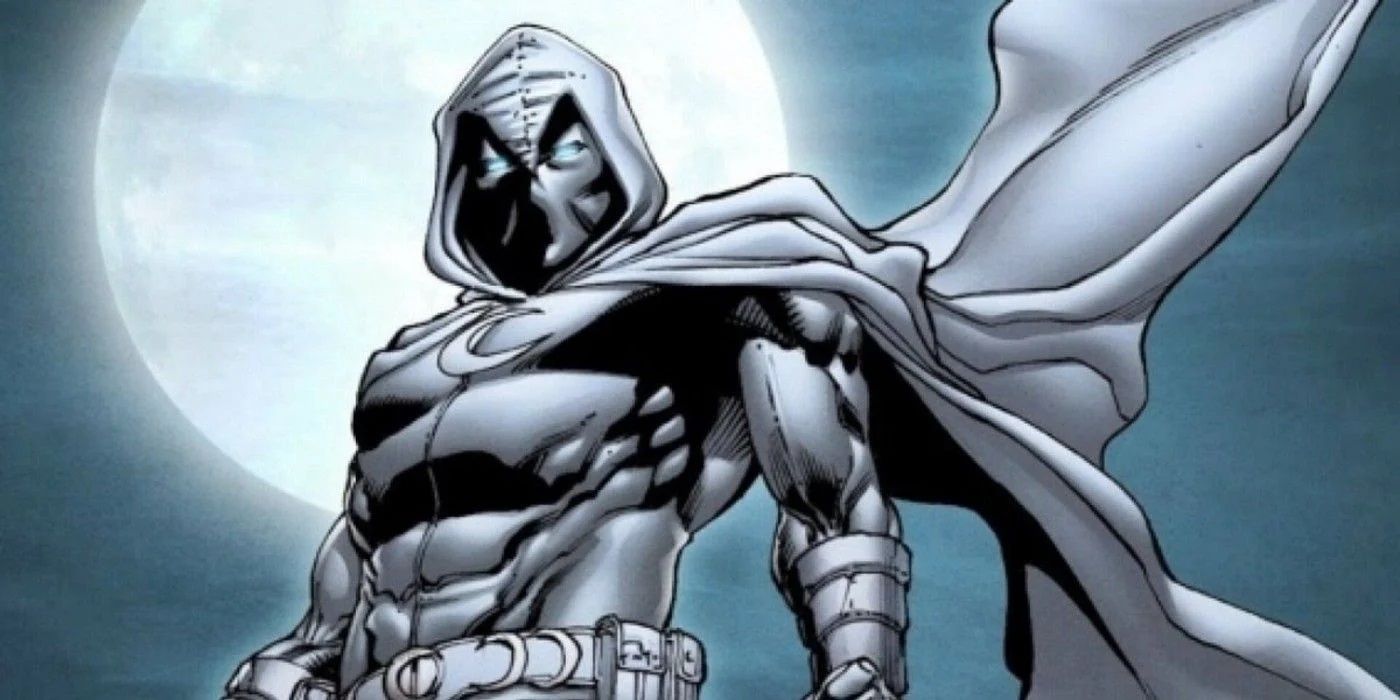
Moon Knight #5 delves into the emotional costs of becoming a vigilante, subverting the origin story tropes that Marvel has built its brand on. Previous stories with Moon Knight had not detailed the culturally-specific tensions that underlie his character, and in doing so, miss out on the emotional potential that his character has. The past ten years of Moon Knight’s publication history have proven that he is one of Marvel’s coolest characters, which Moon Knight #5 boldly takes apart in its illustration of the personal costs of being a vigilante.
What makes Moon Knight’s origin story so powerful is that its tragic elements stem from subtle violence, contrasting sharply with most origin stories in superhero comics. The murder of Daredevil’s father and Spider-Man’s Uncle Ben are undoubtedly horrible events, but the overt nature of loss in both stories has conditioned readers to view tragedy within a specific mode. Moon Knight may not have lost a family member to a random act of violence when he became the Fist of Khonshu, but he lost the tether that connected him to his family’s Jewish background. And the worst part about this is that Moon Knight has no one else to blame for this but himself.
